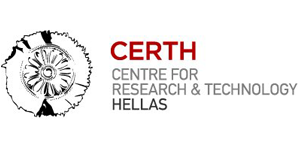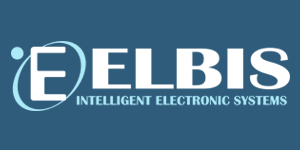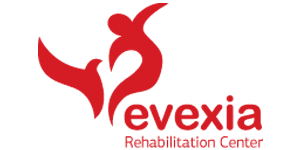 with co-financing of Greece and the European Union
with co-financing of Greece and the European Union
According to the World Health Organization (WHO), there are currently more than 1 billion people worldwide (about one in seven) who have some form of disability. It is estimated that over 150 million adults worldwide face serious movement issues and are not functionally independent.
With the aim of upgrading the monitoring and support technologies currently used in clinical and non-clinical rehabilitation and patient care environments, the goal of the project is to develop an innovative interconnected virtual agent with enhanced interactive and knowledge skills through natural and multimodal human and technology interaction.

-
General context
Care and rehabilitation are important factors in maintaining and improving the quality of life of people with physical or mental injuries. At the same time, they have important short-term and long-term economic implications for both individuals and their families, as well as for the health system and society.
-
Vision
Assisted living technologies combined with intelligent interfaces and advanced dialogue systems can provide supportive technologies in homes and clinics, significantly improving the quality of life of individuals. Indicative examples are the use of multimodal sensors to monitor biometric indications and behaviors (e.g. heart pressure and heartbeats), as well as user voice interaction with intelligent agents acting as personal assistants, reminding exercises, drug dosages, etc.





